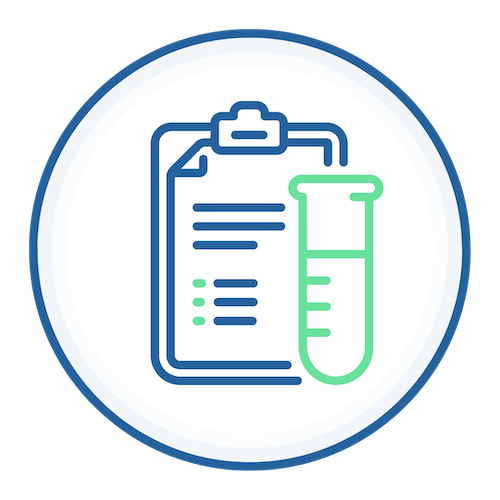Ensuring Data Integrity: How ERP Systems Safeguard Information in the Pharmaceutical Industry

In the dynamic and heavily regulated pharmaceutical industry, maintaining data integrity is of utmost importance. Accurate and reliable information is crucial for ensuring the safety and efficacy of drugs and medical devices, as well as complying with strict regulatory requirements. Enterprise Resource Planning (ERP) systems play a vital role in safeguarding data integrity, streamlining operations, and enhancing overall efficiency in the pharmaceutical sector.
In this blog, TurningPoint Systems will explore how ERP systems serve as a robust solution for ensuring data integrity and elevating operational standards.
Centralized Data Management
ERP systems act as a centralized repository, housing critical information related to production, inventory, quality control, and compliance. This centralized approach minimizes data silos and ensures all departments have access to accurate and up-to-date information.
Real-time Data Updates
With ERP systems, pharmaceutical companies can achieve real-time data updates, eliminating the risk of outdated information affecting decision-making processes. Timely access to reliable data enhances operational agility and facilitates swift response to changing market demands.
Automated Data Capture
Manual data entry is prone to errors and time-consuming. TurningPoint Systems ERP solutions automate data capture processes, reducing human errors and enhancing data accuracy, which is crucial for maintaining data integrity.
Audit Trail and Traceability
ERP systems maintain comprehensive records of all activities and changes, ensuring transparency and accountability throughout the product lifecycle.
Electronic Batch Records (EBR)
ERP systems support the creation and management of Electronic Batch Records (EBRs), which are critical for maintaining accurate and complete records of production processes and quality control measures.
Compliance and Regulatory Alignment
Pharmaceutical companies must adhere to stringent regulatory standards. ERP systems are designed to facilitate compliance by providing accurate data and generating reports that align with regulatory requirements.
Data Security and Access Control
Data security is a top priority where sensitive information is involved. ERP systems implement robust access controls and encryption measures to safeguard data from unauthorized access or breaches.
Quality Management Integration
Integrating quality management modules with ERP systems ensures that quality control measures are an integral part of the production process. This integration fosters data integrity and enhances the overall quality of managing pharmaceutical products.
Supply Chain Visibility
Pharmaceutical companies rely on a complex supply chain. TurningPoint Systems’ ERP solutions offer end-to-end visibility into the supply chain, ensuring data integrity and facilitating efficient inventory management and order processing.
Streamlined Reporting and Analytics
ERP systems provide advanced reporting and analytics capabilities, enabling pharmaceutical companies to gain valuable insights from data. Data-driven decision-making enhances operational efficiency and helps identify areas for improvement.
Conclusion
ERP systems have emerged as an indispensable tool for ensuring data integrity, compliance, and operational excellence, all of which are non-negotiable in the pharmaceutical industry, where the lives and well-being of millions depend on accurate information and reliable products. By centralizing data management, automating processes, and providing real-time updates, ERP systems empower pharmaceutical companies to meet regulatory requirements, streamline operations, and deliver safe and effective products to the market. Embracing ERP systems as a comprehensive solution for data integrity, TurningPoint Systems can elevate the performance and competitiveness of pharmaceutical companies, ultimately benefiting patients and healthcare professionals worldwide.
Share at